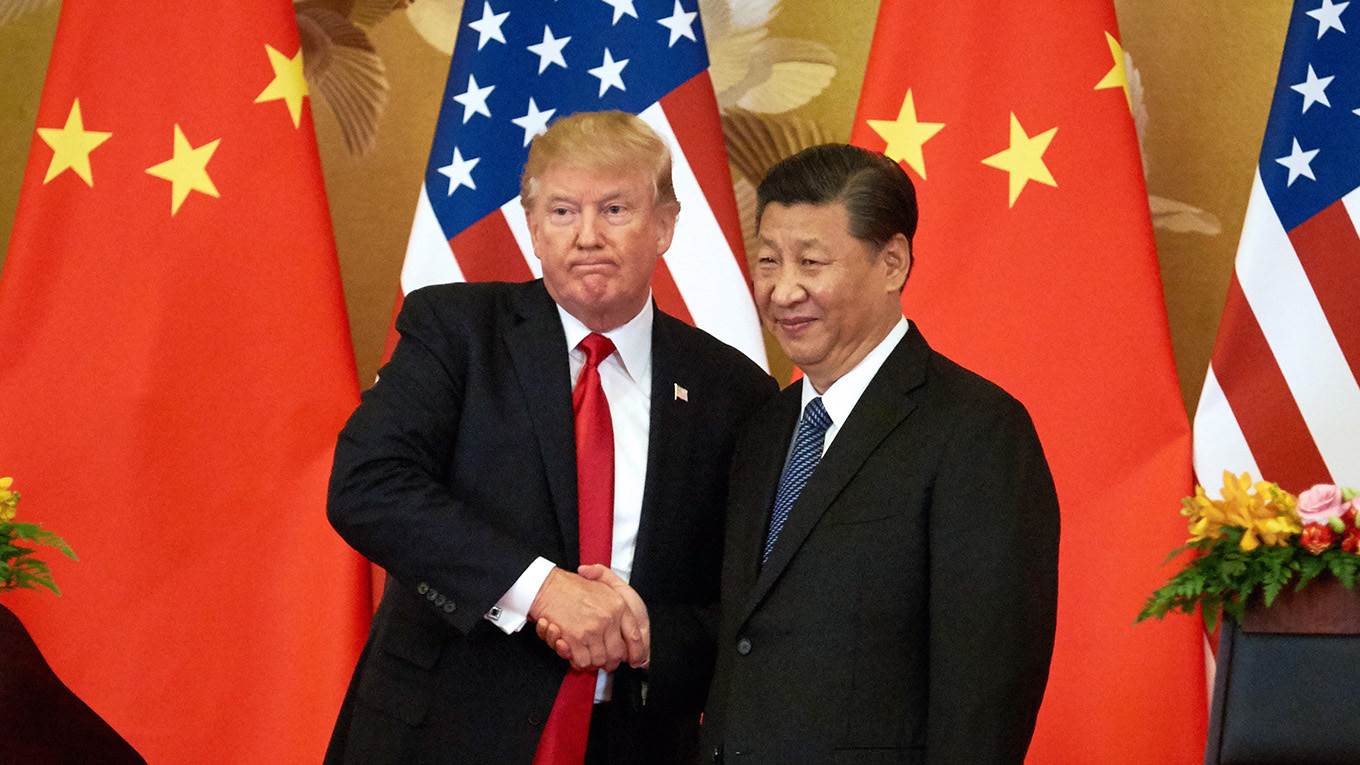
By Global Times, (1 August 2019) – From the White House to the US Congress and US federal government agencies, the fear of China is spreading in Washington. Many US officials regard China’s rising as a threat to the US economy and national security.
For example, FBI Director Christopher Wray said on July 23 that China poses a more serious counterintelligence threat to the US than any other country. In fact, since the start of the US-launched trade war against China in 2018, such a Red Scare has been spreading in the US.
First, it shows that the US is extremely anxious about China’s rising, development momentum and its internal and external policies.
Second, the spread of the Red Scare is also related to the domestic politics of the US. For example, many US officials have been playing the China card to earn more political sway. Wray has been hyping the so-called Chinese espionage since 2018, trying to seize the opportunity to show the significance of the FBI and himself. Former Republican senator Joseph McCarthy was not well-known until he hyped the so-called Communist threat in the early 1950s. In Washington, politicians who are hyping Red Scare aim at their own political goals.
Third, Washington’s fear of Beijing is also caused by US interest groups, including military, ideological, religious and human rights groups. These groups are dissatisfied with many of China’s acts in areas related to them, so they hype Red Scare under the current atmosphere.
Fourth, Red Scare has everything to do with escalating US political infighting. To shift people’s attention away from the dispute, these politicians need to find an external rival. Currently, they are targeting China. Since President Donald Trump assumed power, the Democratic Party has been focused on the Russia-gate investigation. However, the Trump administration has been playing the China card and stressing the so-called China threat, trying to show that compared with Russia, China is more of a threat to the US.
In fact, China-US decoupling is on its way, and such a trend is especially obvious in technology. Besides, China-US trade volume and military strategic cooperation have also decreased. Hyping “China threat” and Red Scare will further intensify the decoupling, and there may be fewer Americans who want to cooperate with China.
Some people are talking about a new cold war between China and the US. But what are the differences between the current China-US relations and the US-Soviet Union ties during the Cold War? The Cold War was mainly focused on the fields of military and ideology, but China-US disputes focus more on economy, technology and geopolitics.
Many incidents between Beijing and Washington are similar to the situation during the Cold War. For example, the two countries’ military relations are getting increasingly tense in the South China Sea and across the Taiwan Straits. Also, an open letter to Trump signed by over 130 signatories including former US military officials and academics reads that “we firmly support the Chinese people… But we do not support the Communist government of China.” This shows a strong sense of ideological confrontation.
US Secretary of State Mike Pompeo always blackens the China-proposed Belt and Road Initiative (BRI) because he believes it is an important geopolitical initiative that will harm US interests. All of these signs are indications of a new cold war. The hysterical atmosphere in the current Washington will further escalate such danger.
But hyping Americans’ fear of China will not impact the latter too much. Since 2018, the US-launched trade war has become a huge challenge for China. However, China has not yielded as the US wants it to. Negotiations are continuing. US pressure on China’s BRI has not influenced Beijing’s resolution to further promote the initiative. The so-called technological decoupling also boosts China’s determination on high-tech innovation. Consequently, although Red Scare will impact China’s interests to some extent, it cannot change the general trend of China’s development.
Compared with that of Washington’s politicians, ordinary Americans’ attitude toward China is more reasonable. Such hype of Red Scare mainly spreads within US decision-makers. Besides, US allies have not completely made up their minds to follow the US. On one hand, they do not think it is a good idea to launch a trade war against China, and hardly any country has followed Washington by adding tariffs on Beijing. On the other hand, most US allies have not resisted Huawei. To some extent, the Trump administration has destroyed its own credibility among its allies.
Demonizing China has made the US policy toward China increasingly unreasonable. If the hype of Red Scare continues to spread, more and more people may become unwilling to openly voice their reasonable views.
US media also plays an important role. The media should not completely follow the political trend. If the US media can be more reasonable and objective in reporting, then Americans will have more reliable information. This also helps shape a more positive public opinion in the US.
The article was compiled by Global Times reporter Li Qingqing based on an interview with Wu Xinbo, director of Fudan University’s Center for American Studies. [email protected]

